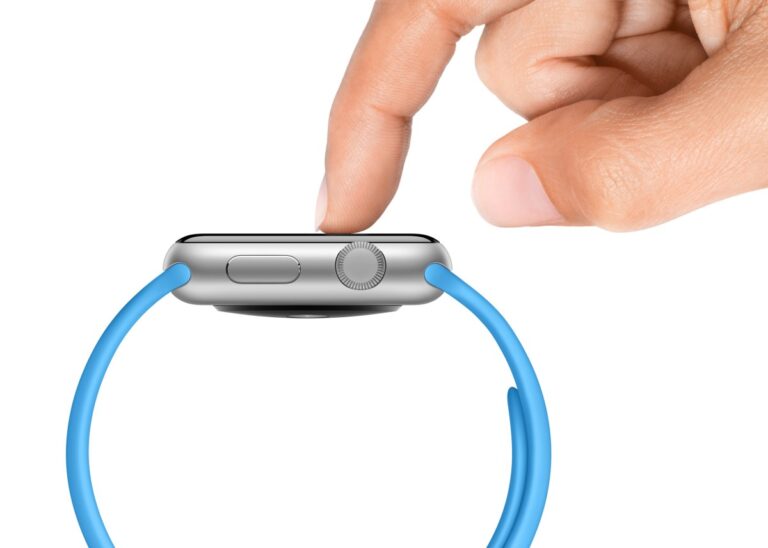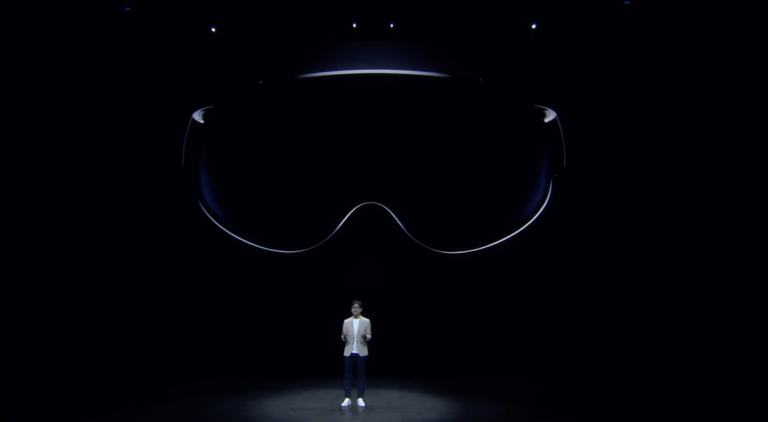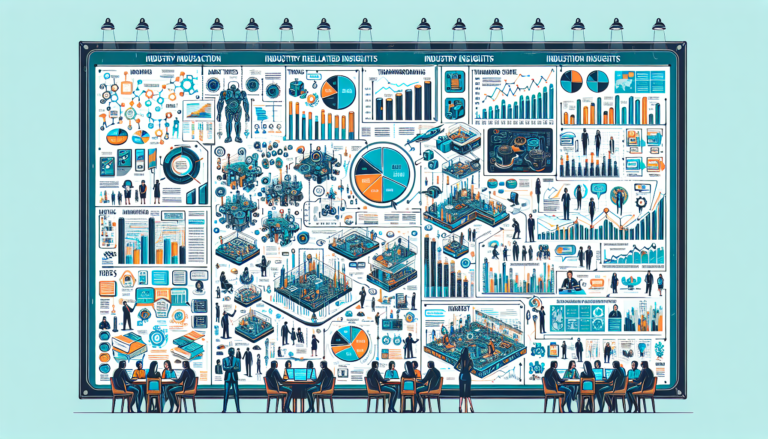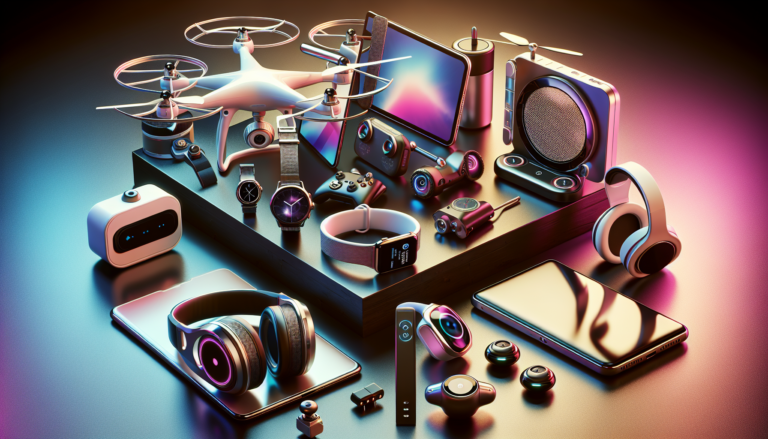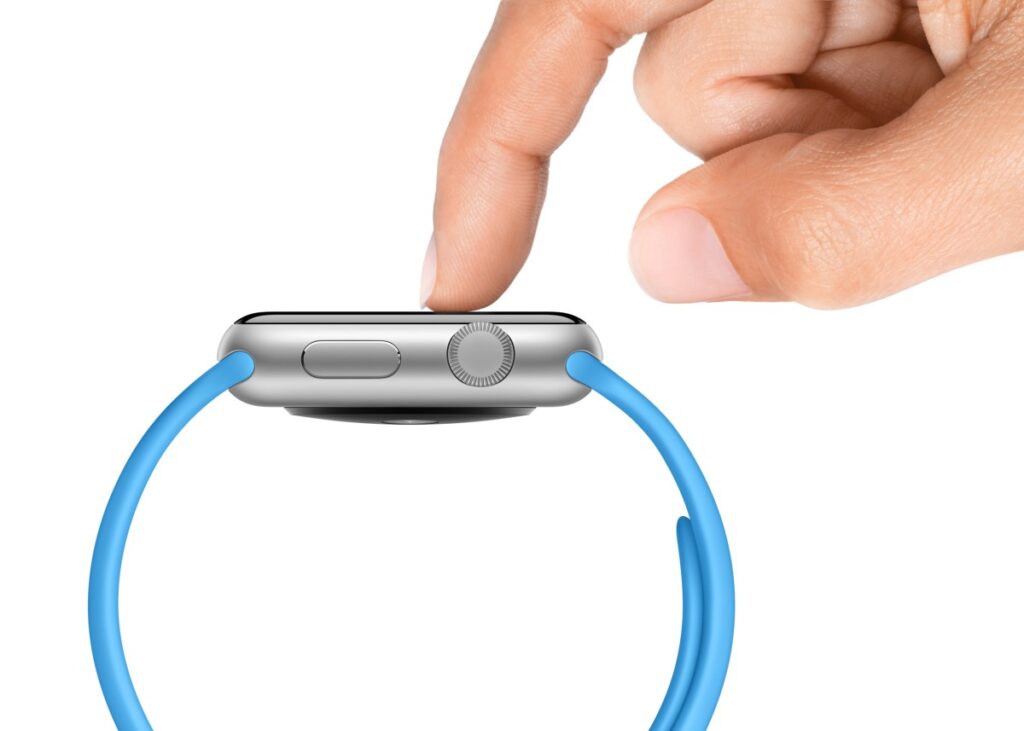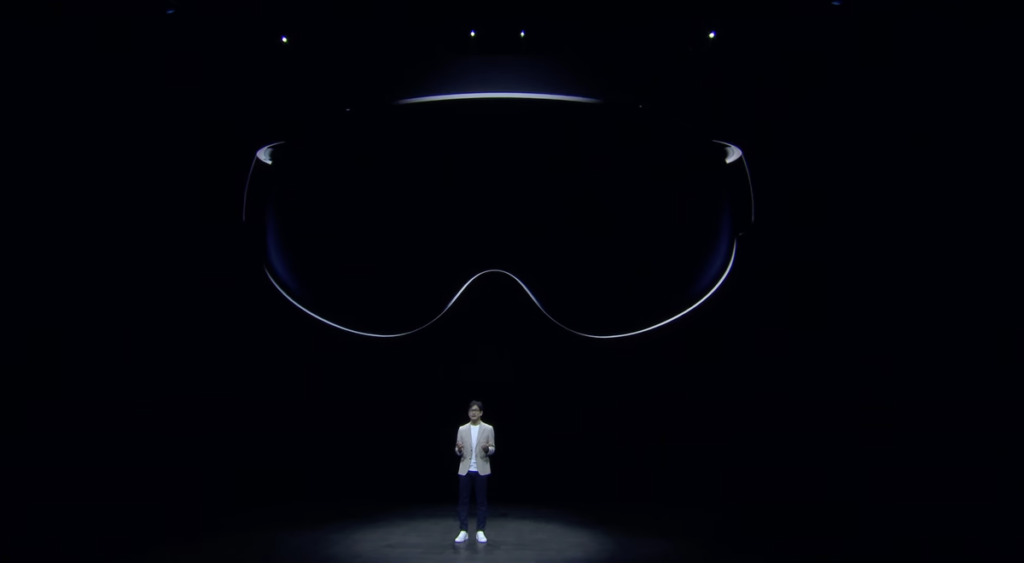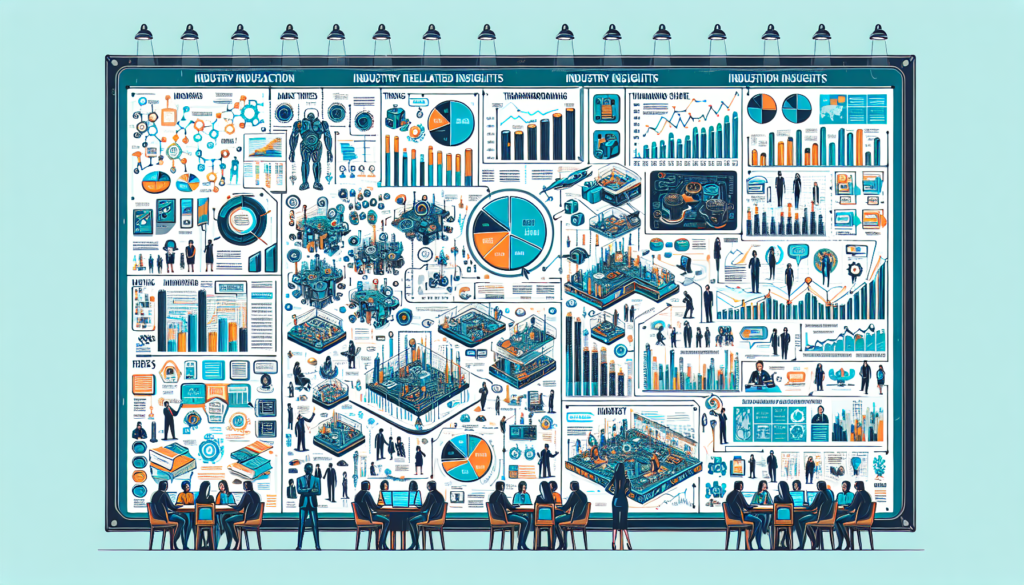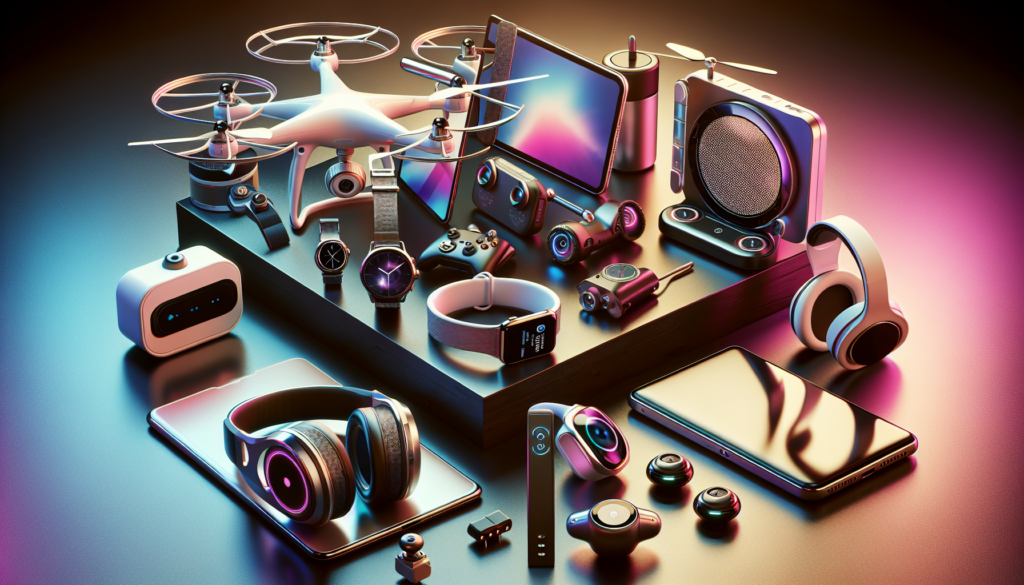Understanding the Basics of PC Gaming
Before diving into advanced techniques and strategies, it’s essential to grasp the fundamentals of PC gaming. Familiarizing yourself with the different genres, controls, and game mechanics will lay a solid foundation for your skills. Whether you’re into first-person shooters, role-playing games, or real-time strategy, each genre has its unique set of rules and strategies. Take the time to explore various games within your preferred genre; this will not only enhance your skills but also help you discover your gaming style.
Additionally, understanding your gaming hardware is crucial. Knowing the specifications of your PC, including the graphics card, CPU, and RAM, will help you optimize your gaming experience. Ensure that your drivers are updated and that your system meets the recommended requirements for the games you play. A well-optimized PC can make a significant difference in performance, allowing you to respond more quickly and effectively during gameplay.
Setting Up Your Gaming Environment
Creating an optimal gaming environment is vital for enhancing your performance. Begin by investing in a comfortable gaming chair and a desk that allows you to maintain a good posture. Comfort is key, especially during long gaming sessions. A conducive environment minimizes distractions and helps you focus better.
Next, consider your display setup. A high-refresh-rate monitor can significantly improve your gameplay experience, especially in fast-paced genres like first-person shooters. Ensure your monitor is positioned at eye level to reduce strain on your neck and eyes. Additionally, good lighting can prevent glare on your screen, allowing for clearer visuals.
Lastly, don’t underestimate the importance of a reliable internet connection. A stable and fast connection can be the difference between victory and defeat, especially in competitive gaming. Invest in a good router and consider using a wired connection for the best performance.
Mastering Game Mechanics
Once you have a solid understanding of the basics and a comfortable setup, it’s time to delve into game mechanics. Each game has its unique mechanics that require practice to master. Spend time in tutorials or practice modes to familiarize yourself with the controls and gameplay dynamics.
For instance, in shooters, this may involve mastering aim control, understanding recoil patterns, and learning effective movement techniques. In strategy games, it could mean developing resource management skills and mastering unit control. The key is to practice consistently and be patient with yourself as you learn.
Additionally, watching gameplay videos or streams from skilled players can provide insights into advanced techniques and strategies. Pay attention to their decision-making processes, positioning, and how they handle different in-game situations. This can inspire you and provide practical tips that you can apply to your own gameplay.
Improving Your Reflexes and Reaction Time
In many PC games, split-second decisions can lead to victory or defeat. Improving your reflexes and reaction time is essential for leveling up your gaming skills. There are several ways to train your reactions effectively.
First, consider using aim trainers or reaction time games. These tools are designed to help you improve your hand-eye coordination and response speed. Aim trainers simulate various shooting scenarios, allowing you to practice aiming and shooting under pressure. There are several popular aim training software options available, such as Aim Lab and Kovaak’s FPS Aim Trainer.
Additionally, engaging in regular physical exercise can enhance your overall reflexes. Activities that focus on hand-eye coordination, such as table tennis or martial arts, can be particularly beneficial. Maintaining a healthy lifestyle, including adequate sleep and nutrition, also contributes to better focus and quicker reflexes.
Developing Strategic Thinking
Beyond mechanical skills, developing a strategic mindset is crucial for becoming a pro gamer. Each game requires a different approach, and understanding the strategies that work best for your chosen genre is essential.
For example, in multiplayer games, teamwork and communication are often key to success. Practice coordinating with teammates, whether through voice chat or in-game signals. Understanding your role within a team and how to leverage the strengths of your teammates can lead to more effective gameplay.
In single-player games, take the time to analyze your approach to challenges. Before rushing into a fight, consider your options. Do you need to level up? Should you gather more resources? Taking a step back to assess the situation can help you make better decisions.
Reading guides and watching tutorials specific to the games you play can also enhance your strategic thinking. Many experienced gamers share their knowledge through blogs, YouTube channels, and Twitch streams. Engaging with this content can provide valuable insights that can elevate your gameplay.
Joining Gaming Communities
Becoming part of a gaming community can significantly enhance your learning experience. Engaging with fellow gamers allows you to share tips, strategies, and experiences. Online forums, Discord servers, and social media groups dedicated to specific games are excellent places to start.
Participating in community events, such as tournaments or game nights, can provide practical experience and expose you to different playstyles. Additionally, receiving feedback from more experienced players can offer valuable insights into your gameplay. Don’t hesitate to ask questions or seek advice; most gamers are more than willing to help newcomers.
Moreover, being part of a community can keep you motivated and engaged. Competing against others can push you to improve your skills and strive for higher levels of performance.
Practicing Mindfulness and Focus
Gaming at a high level requires sharp focus and mental clarity. Practicing mindfulness techniques can help you enhance your concentration and reduce stress during gameplay. Techniques such as deep breathing, meditation, or even short breaks can improve your mental state and keep you focused.
Before starting a gaming session, take a few moments to clear your mind. This can help you approach the game with a fresh perspective and better focus. During gameplay, if you find yourself getting frustrated or distracted, take a short break to reset your mind. This can prevent negative emotions from affecting your performance.
Additionally, consider setting specific goals for each gaming session. Whether it’s improving your kill/death ratio in a shooter or completing a challenging level in a single-player game, having clear objectives can keep you focused and motivated.
Analyzing Your Gameplay
To truly level up your skills, it’s essential to analyze your gameplay critically. Recording your gaming sessions allows you to review your performance and identify areas for improvement. Look for patterns in your gameplay that lead to mistakes, such as poor positioning or decision-making.
Many games also feature built-in replay systems that allow you to watch past matches. Take the time to review these replays and assess your actions. This level of self-analysis can provide essential insights that help you refine your strategy and mechanics.
Additionally, consider seeking feedback from friends or fellow gamers. Sometimes, an outside perspective can highlight mistakes you may have overlooked. Constructive criticism can be a valuable tool in your journey to becoming a pro gamer.
Experimenting with Different Playstyles
One of the most effective ways to enhance your gaming skills is to experiment with different playstyles. Trying out various characters, classes, or roles within a game can provide you with a broader understanding of its mechanics and strategies. This experimentation can also help you find the playstyle that suits you best.
In team-based games, playing different roles can give you insight into the strengths and weaknesses of each position. For example, if you usually play as a support character, try switching to a damage dealer or tank. Understanding how different roles function can improve your overall teamwork and strategic thinking.
Additionally, don’t be afraid to step out of your comfort zone. Trying new games or genres can expose you to different mechanics and strategies that may be beneficial in your primary games. This versatility can make you a more well-rounded and adaptable player.
Staying Updated with the Gaming Scene
The gaming industry is ever-evolving, with new patches, updates, and game releases happening constantly. Staying informed about the latest trends, strategies, and changes to your favorite games is crucial for maintaining your competitive edge.
Follow gaming news websites, subscribe to channels on platforms like YouTube, and engage with content creators on social media. Many professional gamers and analysts share valuable insights, tips, and strategies that can keep you ahead of the curve.
Furthermore, attending gaming events, either in-person or virtually, can provide you with exposure to the latest developments in the gaming world. These events often feature expert panels, tournaments, and networking opportunities that can enhance your gaming experience and knowledge.
Balancing Gaming with Other Life Aspects
While it’s essential to dedicate time to improving your gaming skills, maintaining a balance with other aspects of life is equally important. Overcommitting to gaming can lead to burnout, affecting both your performance and enjoyment of the game.
Set aside specific times for gaming and prioritize other responsibilities, such as work, studies, or social activities. This balance can prevent gaming from becoming a source of stress and ensure that you continue to enjoy your favorite hobby.
Additionally, pursuing other interests outside of gaming can provide a fresh perspective and help you recharge. Engaging in different activities can enhance your creativity and problem-solving skills, which can translate positively into your gaming experience.
Tracking Your Progress
To truly assess your improvement, tracking your progress over time is vital. Many games have built-in stats that allow you to monitor your performance, such as win rates, kill/death ratios, or completion times. Take advantage of these tools to gauge your growth.
Consider maintaining a journal or spreadsheet to document your gaming sessions, goals, and achievements. Reflecting on your progress can motivate you to continue improving and make adjustments to your training regimen as needed.
Setting measurable goals can also help you stay focused. For example, aim to improve your accuracy percentage or complete a specific number of matches per week. Achieving these goals can provide a sense of accomplishment and drive your desire to keep leveling up your skills.
Conclusion
Becoming a professional-level PC gamer requires dedication, practice, and a willingness to learn. By understanding the basics, optimizing your gaming environment, mastering game mechanics, and engaging with the gaming community, you can fast-track your journey from casual to pro. Remember that improvement takes time, and staying patient and motivated is crucial. With the right mindset and strategies in place, you’ll be well on your way to leveling up your PC gaming skills.

